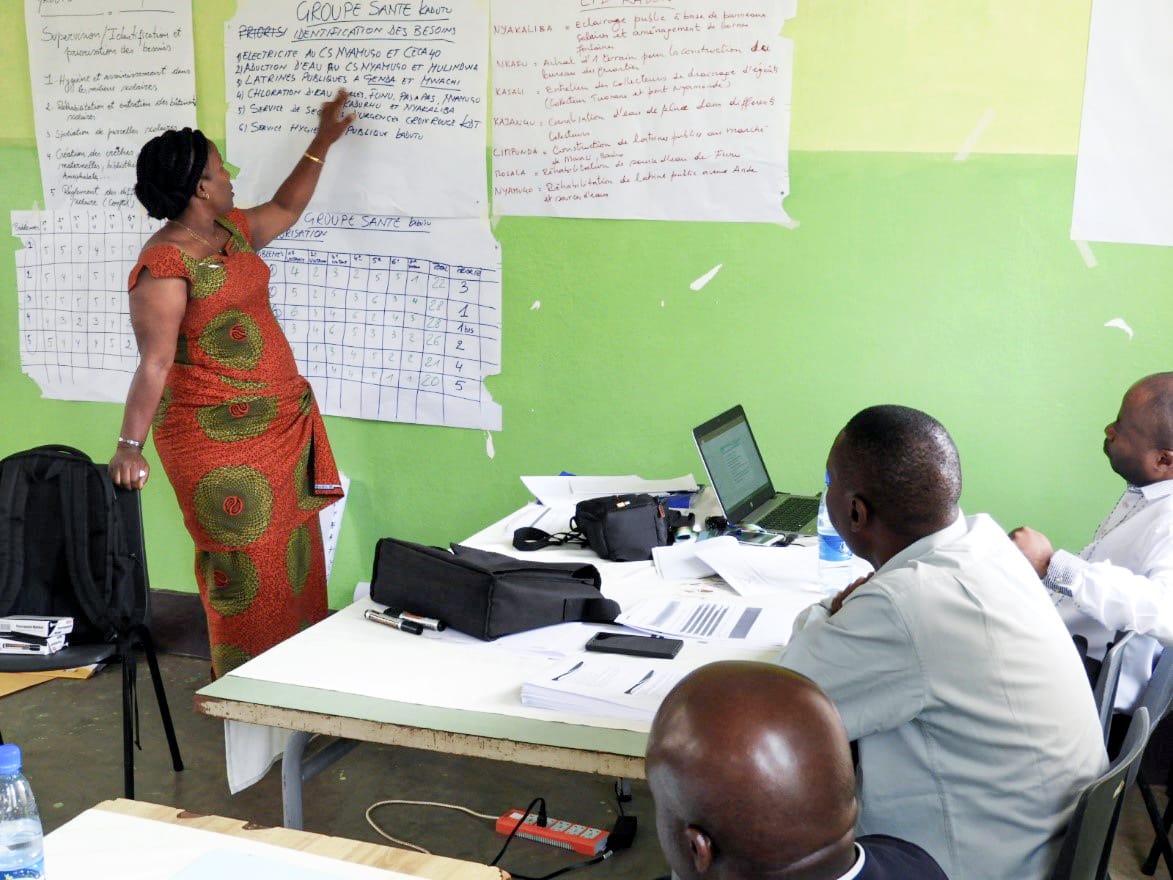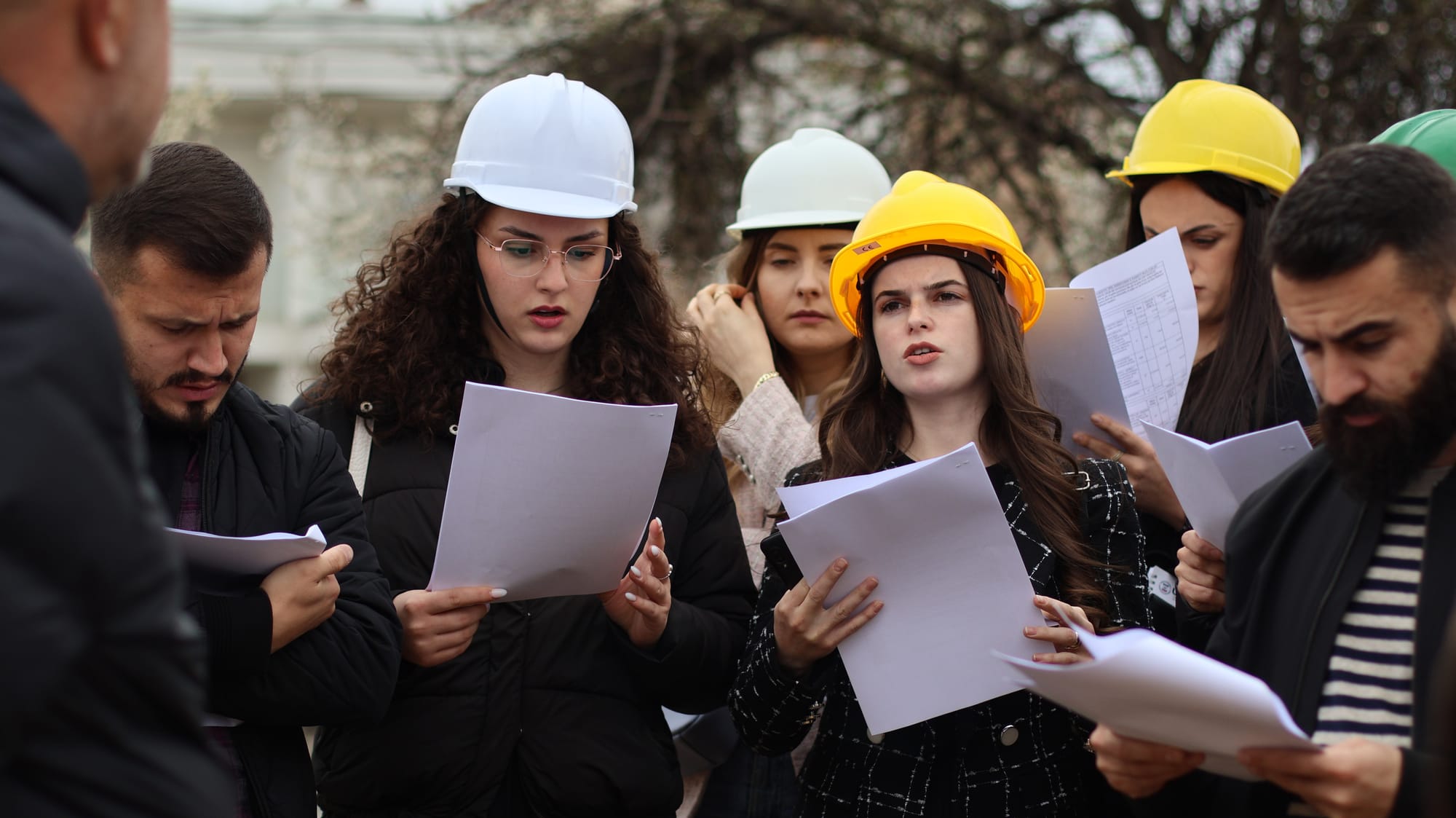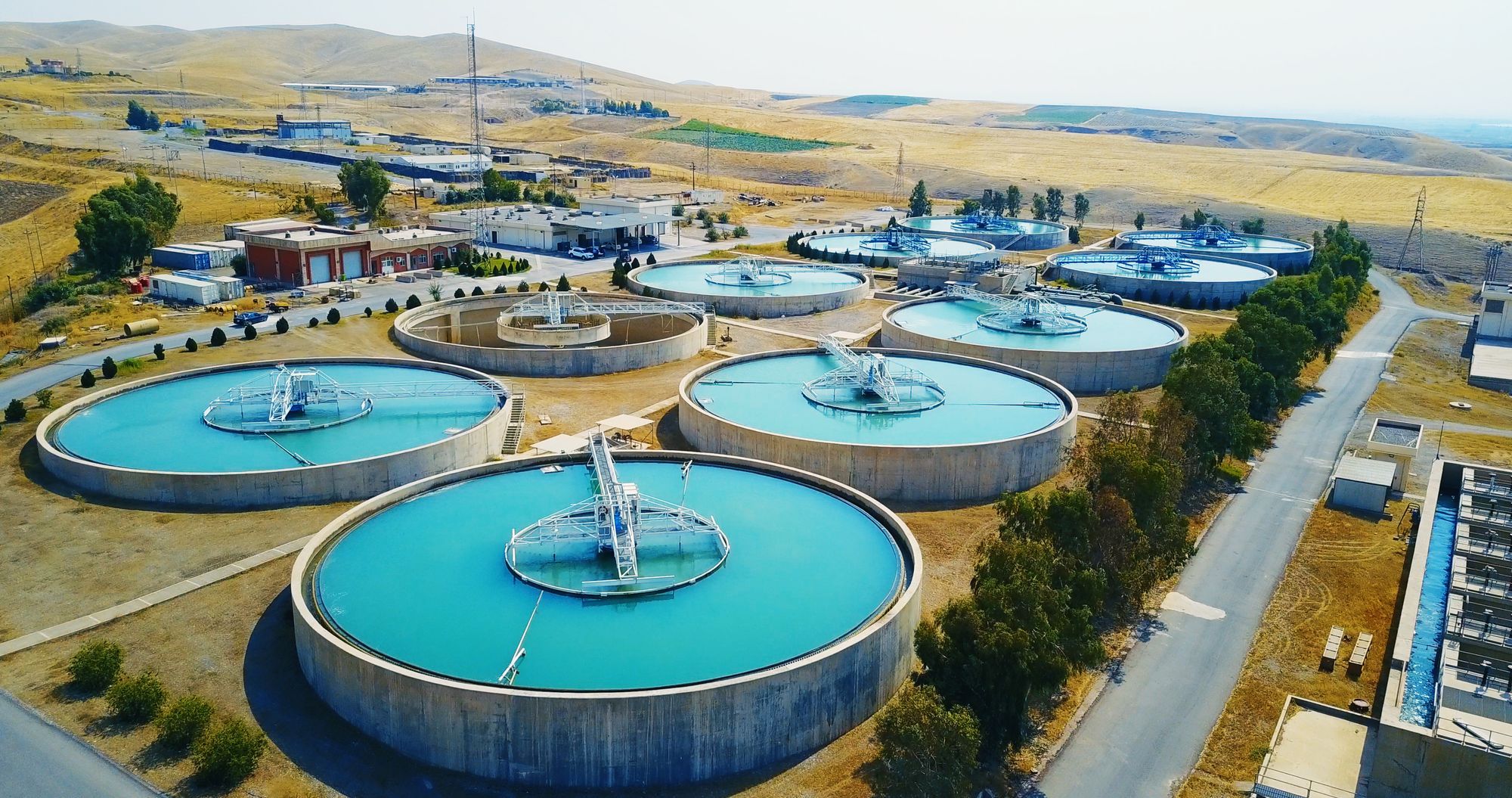Democracy does not begin and end at the ballot box. For democratic systems to thrive, governments must engage with citizens to understand and address their needs, respond to complaints and criticisms, and demonstrate they are delivering on electoral promises. This is how the social compact is strengthened and citizens increase their trust in democratically elected governments. This sort of “deep democracy” can build the foundations needed for resilient democracy to take root, according to author and anthropologist Arjun Appadurai.
Most governments, however, do not come naturally to such deep citizen engagement. They are driven more by internal bureaucratic norms and values, and by the imperatives of political leaders, than by citizen input. The International Budget Partnership has found that while governments have become more transparent over the past decade, they have not become substantially more open to citizen participation. According to the 2021 Open Budget Survey, while 31 percent of countries provide meaningful information about their budgets, less than 7 percent have formal channels to engage underserved communities in budget processes.
Similarly, citizens may be reluctant to engage with the government if they view the government as serving only elite interests, or when previous attempts at engagement have not yielded visible effects. Moreover, the citizens whose interests are perhaps least well represented in the halls of power may tend to be too busy or too intimidated to participate in citizen engagement activities.
But these challenges can be overcome through approaches that build on government willingness to engage with a clear process that makes participation meaningful and includes feedback loops for citizens to see the value in their participation. Even in imperfect democracies, strengthening norms that promote participation, engagement, and inclusion can build up the norms needed for democracy to thrive over time.

Bringing Citizens into the Process
DAI has advanced participatory approaches to public financial management in countries as varied as Colombia, the Democratic Republic of Congo (DRC), Guatemala, Iraq, Jordan, Kosovo, and Zambia. In each context, DAI adapts its approach to address the governance and cultural context, citizen needs, and communication channels that prevail.
In the DRC, under the Integrated Governance Activity (IGA), DAI helped establish a consultation framework to ensure local government planning and budget preparation reflected citizens’ needs, and trained local government staff to more effectively and transparently manage and control expenditures. As a result, 17 local governments demonstrated improved public financial management, 15 increased the share of their budget dedicated to service delivery, and 13 saw an increase in public trust. A review of experiences of participatory budgeting in the DRC conducted by the World Bank affirmed that IGA’s support of participatory approaches at both the planning and budgeting phases, rather than just on the budgeting phase, enabled local stakeholders to better negotiate and agree on the allocation of scarce resources. This study also found that this process enhanced the transparency of local government finances more broadly.
In Kosovo, DAI is training concerned citizens and members of civil society to conduct social audits to confirm that public works projects proceed as contractually required to hold government officials and contractors accountable. Under the Transparent, Effective, and Accountable Municipalities (TEAM) project, this approach was piloted in several municipalities to assess the performance of social infrastructure projects. In one example, a social audit team in the Municipality of Vushtrri assessed a newly constructed school and was able to share recommendations for improvements related to safety hazards and school access, as well as the fact that many parents were keeping their children home rather than sending them to preschool due to the fees charged. Not only was this process successful in making sure the children had a safer and more accessible learning environment, but it also enabled municipal authorities to provide additional funding that will reduce preschool fees and increase access to early childhood learning. Based on this successful pilot, this work is expanding under the Kosovo Municipal Integrity Activity.

In Guatemala, under the National Institutions Strengthening (NIS) Project, and in collaboration with the International Budget Partnership’s Global Initiative for Fiscal Transparency (GIFT) and the Open Government Partnership (OGP), DAI helped revitalize the civic space by enhancing five citizen participation mechanisms across the budget cycle, supporting 32 national and regional participatory and external oversight spaces, and engaging more than 9,000 people.
In 2023, DAI worked with the National Planning Secretariat to launch online participatory “Open Planning Workshops” that enabled citizens to help prioritize government programs or policies and advocate for their continuity during the government transition. With GIFT, DAI helped the Ministry of Finance to strengthen participatory approaches to the 2024 “Open Budget Exercise” (OBE) that took place in June 2023, including the translation of guidelines for participation into English and four Mayan languages. With OGP, DAI leveraged civil society advocacy using the OGP platform, including the delivery of co-creation workshops between government and civil society organizations for the drafting of a new National Open Data Policy; improving capacity for data journalism using information from fiscal transparency portals; helping achieve key milestones under the OGP National Action Plan; and supporting co-creation of the 6th OGP National Action Plan.
Future Avenues
DAI’s experience has shown that participatory forms of public financial management are useful in a wide range of contexts. However, mechanisms for public engagement in public financial management need to evolve to take advantage of new forms of communication, respond to new challenges, and connect a wider set of actors in the governance system. For example, Portugal has recently started using online engagement platforms to conduct participatory budgeting and planning at the national level for the first time. Models such as citizen assemblies hold promise to deepen engagement on fiscal policy issues between the public and the legislative bodies. DAI looks forward to exploring these evolving mechanisms with our partners and stakeholders.






